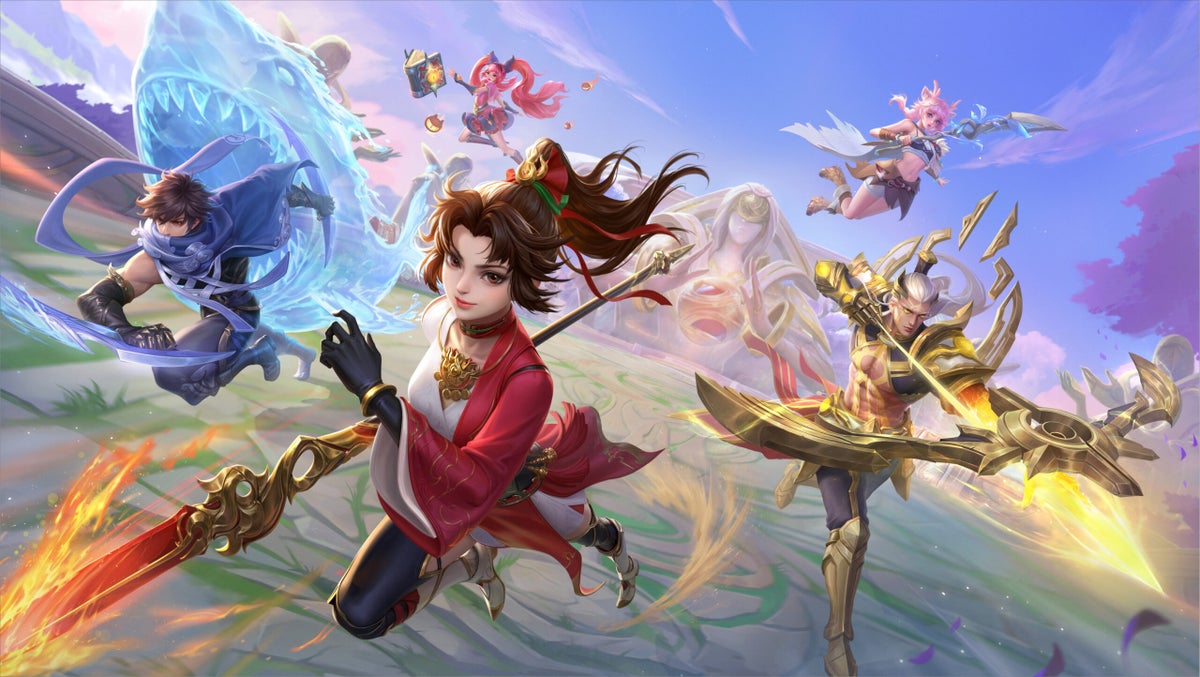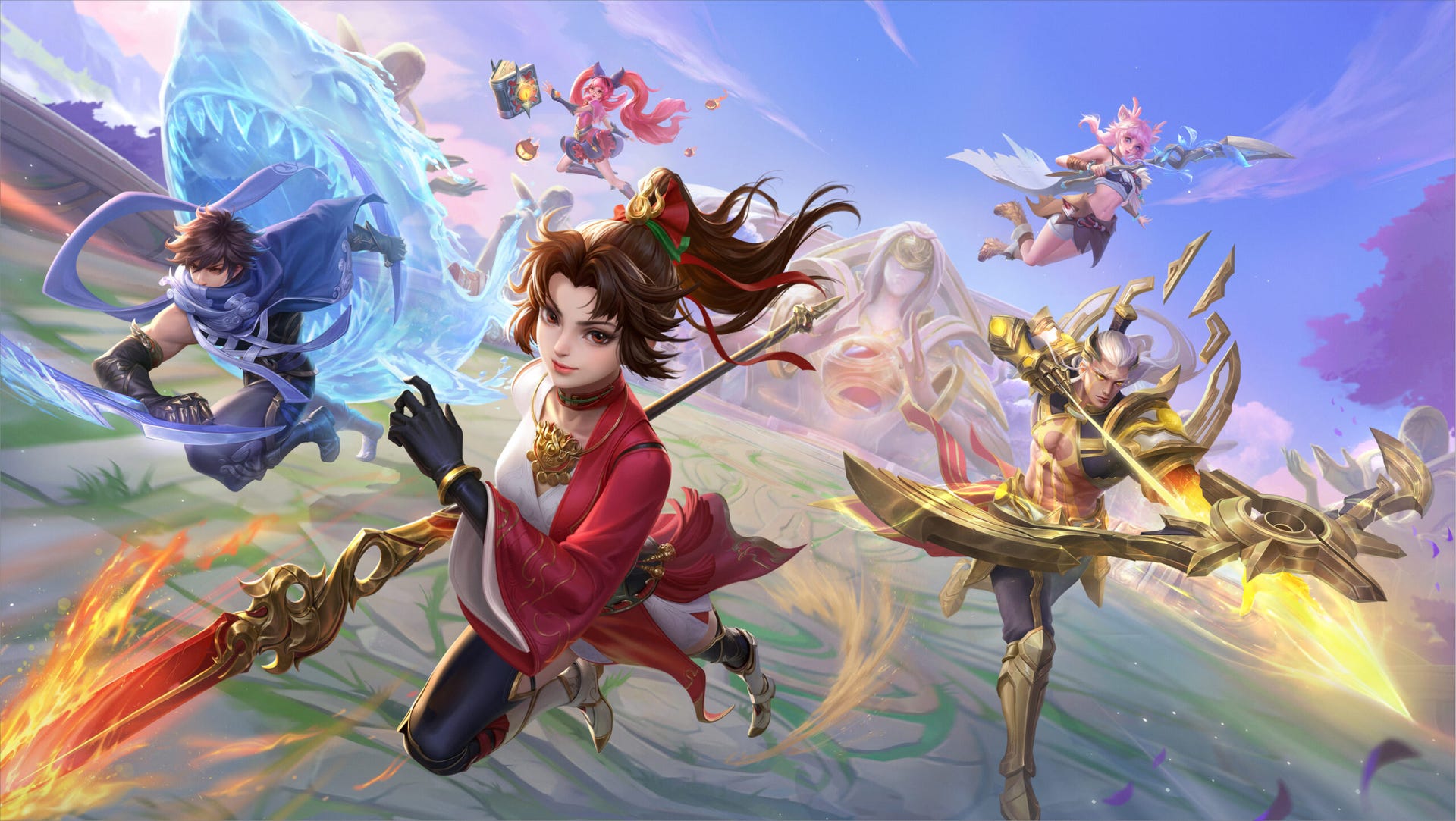
Chinese regulators have announced far-reaching curbs on monetisation and reward systems for online games, in a move that has wiped almost $80 billion from the market value of the world’s biggest videogame publisher Tencent and their rival NetEase. Under the new government restrictions, which are pending final approval, online games in China will be banned from giving players rewards for logging in every day, spending money within the game for the first time, or spending money several times consecutively.
As reported by Reuters, the rules further forbid videogames from offering probability-based lucky draw features to minors, or enabling the speculation and auction of virtual items. They also require publishers to store their servers within China’s borders, and to limit how much money users can add to digital wallets. It’s not all stick, however: the rules include a potential requirement for regulators to process game approvals within 60 days. In a possible show of good faith, there were 40 new imported game approvals on the day the draft rules were published.
It’s far from the first time China’s government have sought to restrict videogame consumption, citing concern about exploitative practices and player addiction (one state media outlet has described videogames as a form of “spiritual opium”). In 2021, the government introduced a nine-month crackdown on new game licenses, while limiting gaming time for under-18s to just an hour per day on Fridays, weekends and public holidays.
They’ve also tried to ban livestreams of unapproved games, as reported by PCGamer, with policy documents commenting that “issues such as online live broadcast chaos and teenagers’ addiction to games have attracted widespread attention in the society, and it is urgent to take effective measures to strictly regulate them.”
The latest policy change – which again, is still at the draft stage – has sparked a panic among Chinese investors. Tencent share prices fell by as much as 16 percent after the draft rules were published on Friday, while NetEase shares dropped by as much as 25%. As Eurogamer reminds us, Tencent is the owner of Funcom, Riot Games and Sumo Digital, and has significant stakes in Epic Games, FromSoftware, Paradox Interactive, Remedy and Frontier Entertainment, to name a few. NetEase, meanwhile, has a stake in Bungie and are the owner of Quantic Dream and Grasshopper Manufacture. So any hit to Tencent or NetEase’s fortunes inside China could have dramatic ramifications overseas.
You can read more about the experience of publishing games in China in Khee Hoon Chan’s 2019 report on the fate of Devotion, a brilliant Taiwanese horror game that was taken offline after it was found to contain unflattering allusions to China’s president Xi Jinping.











